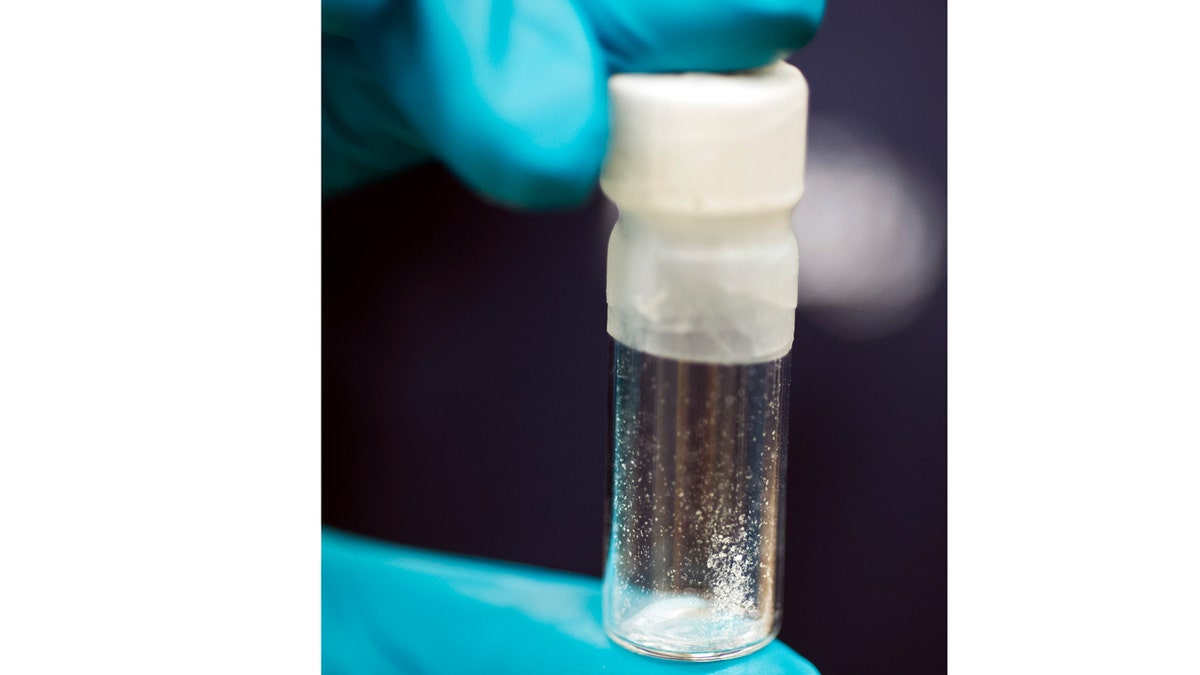Fox News Flash top headlines for September 29
Fox News Flash top headlines are here. Check out what's clicking on Foxnews.com.
- Portland, Oregon, is facing a distressing situation as nearly a dozen children, including a 1-year-old, have suffered fentanyl overdoses since June.
- According to the Portland Police Bureau, ten minors have experienced overdoses since June, with fentanyl suspected in all but one of these cases.
- In response to the crisis, Portland police have intensified patrols to combat an open-air fentanyl market located in an abandoned downtown building.
Nearly a dozen children, including a 1-year-old, have overdosed on fentanyl since June in Portland, Oregon, its police bureau said Thursday, intensifying alarm in a city like so many others that has struggled to address the deadliest overdose crisis in U.S. history.
Police said 10 minors have overdosed since June and fentanyl is suspected in all but one of the cases. Half of the incidents were fatal. A 1-year-old, 2-year-old, 5-year-old and two 15-year-olds are among the dead, the Portland Police Bureau said in a news release.
A growing number of children are dying of fentanyl overdoses across the country amid an escalating opioid crisis that last year claimed nearly 80,000 lives, according to federal data. In the past month, a 2-year-old with a significant amount of fentanyl in her system died at her home south of Seattle, a 1-year-old died of a suspected fentanyl overdose at a day care in New York City and a 15-month-old in California died after being exposed to the substance in her home.
Police in Portland have increased patrols to shut down an open-air fentanyl market at an abandoned building downtown, and Democratic Gov. Tina Kotek just this week announced plans to address fentanyl flowing into the state.

A vial containing 2 milligrams of fentanyl, a lethal dose if introduced into the human body, is showcased at the Special Testing and Research Laboratory of the Drug Enforcement Administration (DEA) in Sterling, Virginia, dated Aug. 9, 2016. (AP Photo/Cliff Owen, File)
CLICK HERE TO GET THE FOX NEWS APP
Kotek said she has directed the Oregon State Police to increase staff on local drug enforcement teams and boost patrol and detective resources, among other things, in order to disrupt the fentanyl supply chain.
Portland police say they're concerned by the growing number of juvenile overdoses. The number of such overdoses since June alone is higher than the total number investigated over the last three years combined.
The episodes are considered "suspected" overdoses until confirmed by the Medical Examiner’s Office.
The police bureau's narcotics and organized crime unit is investigating all of the cases.






















